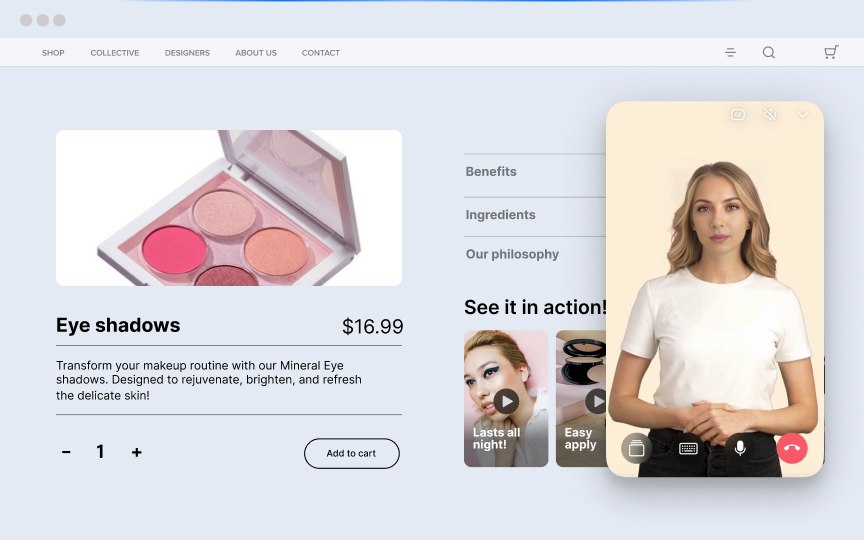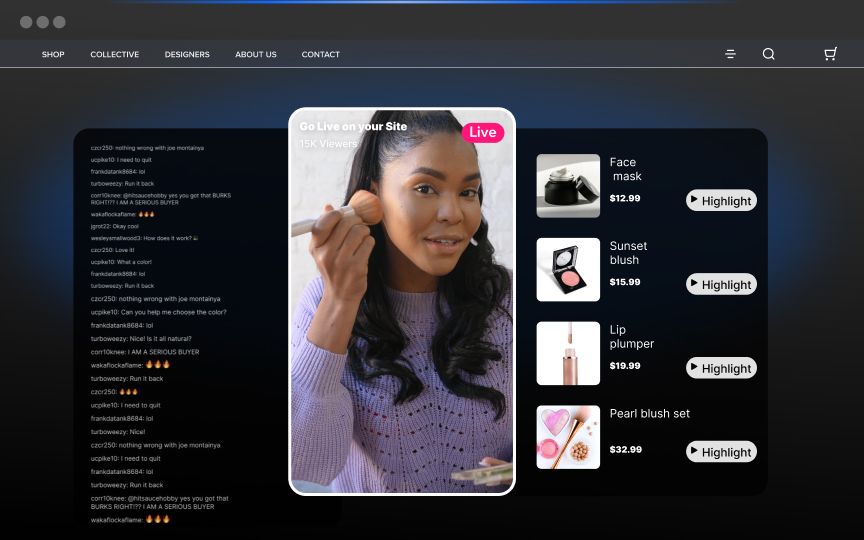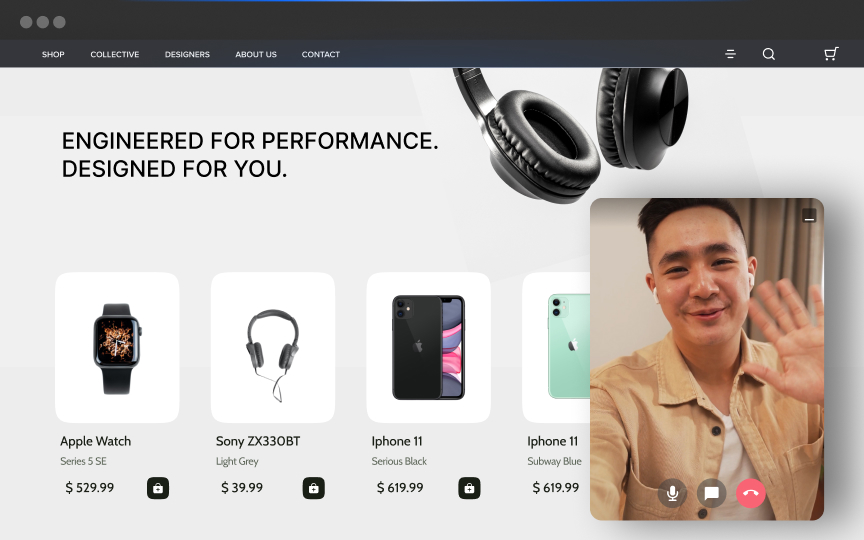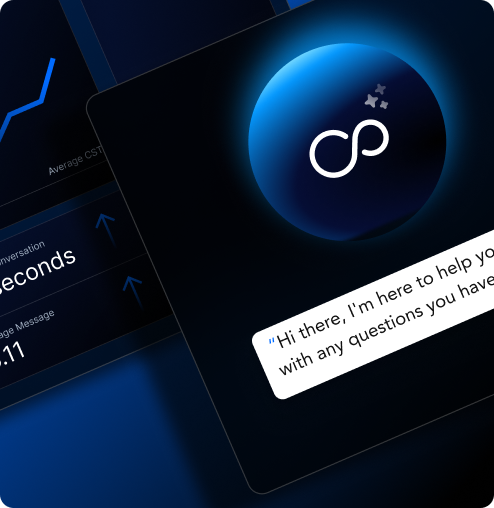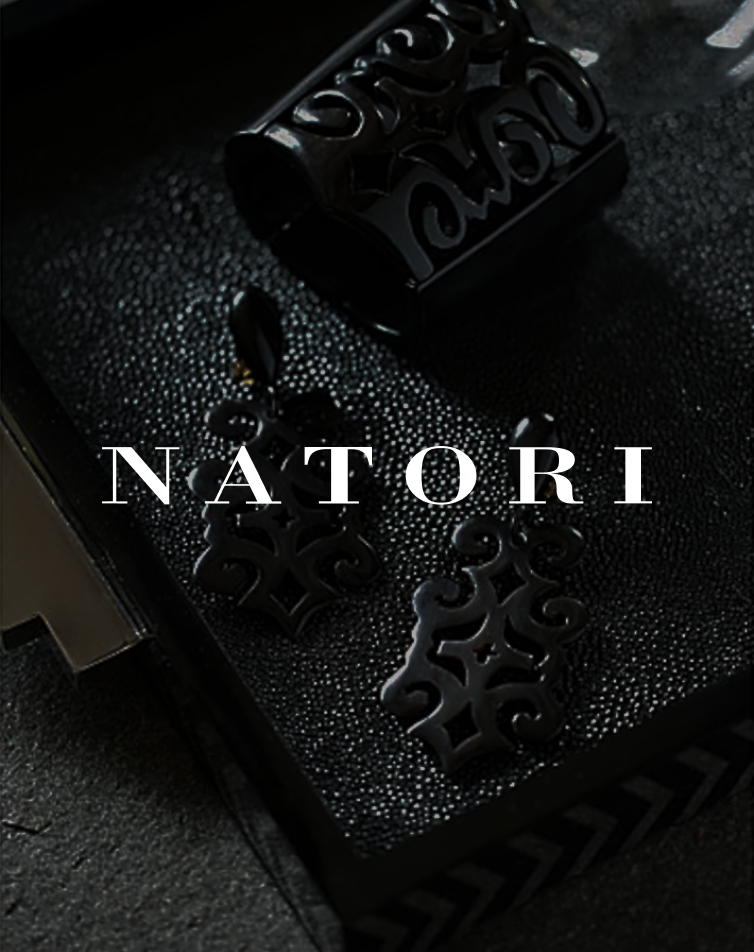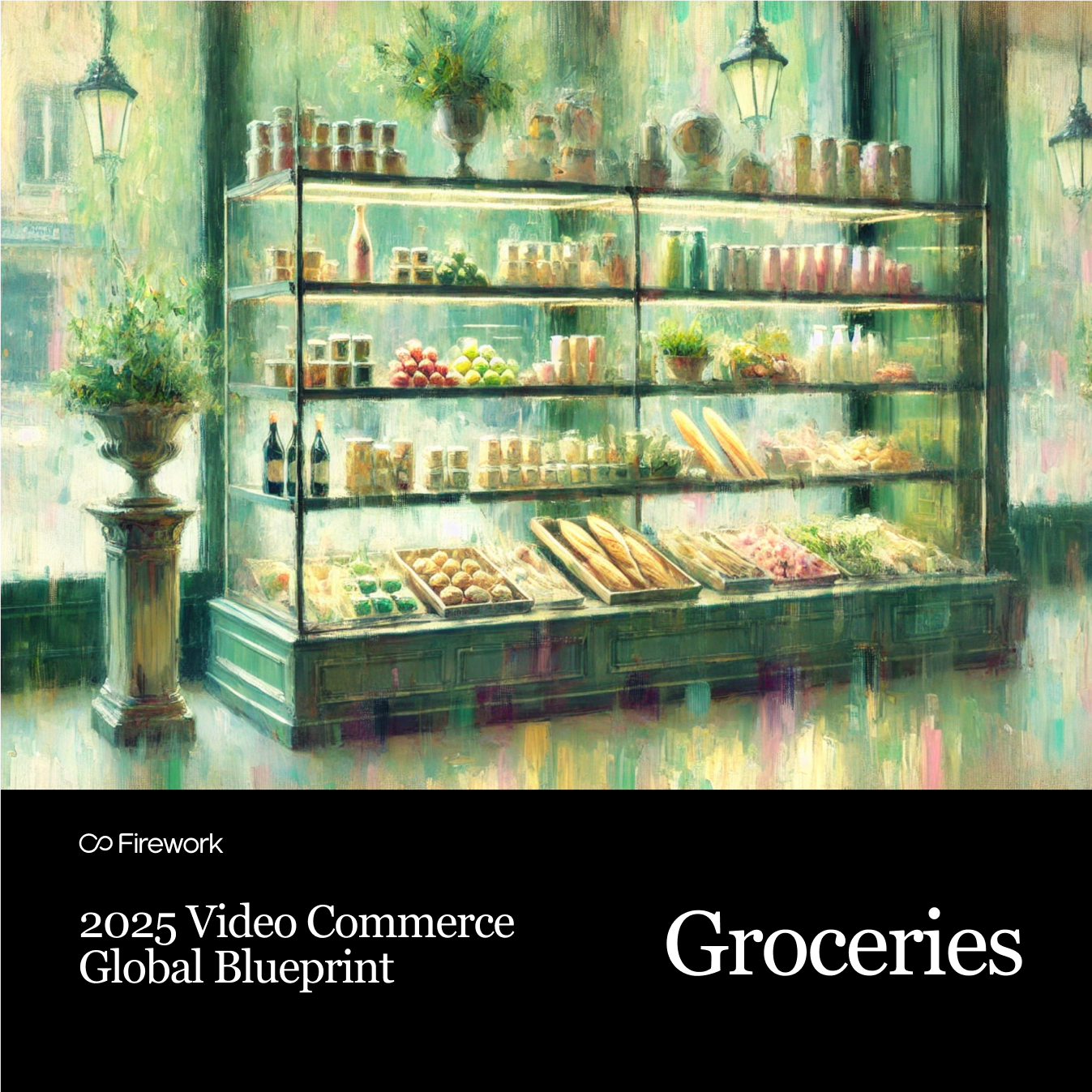In the crowded food and beverage marketplace, brands struggle to create meaningful connections with increasingly selective consumers. Generic experiences no longer suffice as customers demand products and services tailored to their specific preferences. Without effective personalization strategies, F&B companies risk losing market share to competitors who better understand and respond to individual customer needs, preferences, and behaviors.
Understanding Personalization in the F&B Industry
Personalization in the F&B industry has evolved from simple customization to comprehensive, data-driven experiences tailored to individual preferences.
History and Evolution of Personalization in the F&B Industry
Personalization began with basic options like choosing pizza toppings or coffee additions. Today, it leverages sophisticated technology and extensive data to create uniquely tailored experiences.
Digital platforms and analytics have enabled F&B companies to process consumer data at unprecedented scale, shifting targeting from broad demographics to individual recommendations based on specific preferences and behaviors.
Defining Personalization in the F&B Industry
Modern F&B personalization includes:
- Tailored product recommendations based on taste profiles and dietary requirements
- Personalized marketing messages aligned with specific customer behaviors
- Customized nutritional plans matching individual health goals
- Unique dining experiences catering to personal preferences
This sophisticated approach relies on data analytics, artificial intelligence, and machine learning to deliver relevant experiences to each customer.
The market impact is substantial. Industry research indicates the global personalized nutrition market will reach $16 billion by 2025, growing annually at 15%.
Several factors drive consumer expectations for personalization:
- Health consciousness: Consumers seek products aligned with specific nutritional needs
- Digital native expectations: Younger generations demand customization across all sectors
- Choice abundance: Personalization helps navigate saturated markets
- Experience valuation: Consumers prefer unique experiences over mass-produced offerings
Role of Technology in Personalization in the F&B Industry
Technology has revolutionized how F&B companies create personalized customer experiences, enabling unprecedented precision in tailoring offerings.
Data Analytics and Consumer Insights
Advanced analytics process massive data sets from multiple sources to reveal actionable insights. AI food intelligence platform Tastewise analyzes social media conversations, home cooking patterns, and restaurant menu data to help companies anticipate trends and customize strategies.
Emerging Technologies in Personalization
AI and machine learning lead personalization technology, constantly improving recommendation models by learning from consumer behaviors.
Coca-Cola demonstrates this potential by analyzing real-time data including location, purchase patterns, and weather conditions to customize advertisements. During the FIFA World Cup, Coca-Cola created over 120,000 unique videos for fans, each personalized with the viewer's name and image.
Shoppable video platforms represent another breakthrough, transforming passive content into interactive shopping experiences by tracking viewer preferences within videos to create personalized discovery journeys.
AI-Powered Customer Interactions
AI now directly engages with customers through conversational interfaces. Chipotle's Guac Bot handles menu inquiries and nutritional information requests with personalized responses. This implementation reduced call center costs by 23% while improving customer satisfaction by 19%.
Virtual shopping assistants provide another layer of personalization, offering tailored product recommendations based on customer preferences and previous interactions.
Strategies for Implementing Personalization in the F&B Industry
Tailored Marketing Efforts
Luna Grill provides an excellent case study in targeted marketing. By implementing SMS marketing integrated with their online ordering platform, Luna Grill collected valuable customer data about preferences and behaviors.
This data-driven strategy allowed them to send highly targeted messages based on individual ordering patterns. When they noticed increased order sizes from remote workers, they created a new Mediterranean Family Meal and promoted it specifically to customers who frequently placed larger orders.
Customizable Product Offerings
Coca-Cola's Freestyle machines exemplify customizable product offerings, allowing customers to create unique beverage combinations. Locations using Freestyle machines reported a 7% sales increase, demonstrating how empowering customers to customize influences purchasing behavior.
Direct-to-Consumer (D2C) Models
D2C models enable companies to gather first-party data directly from consumers, providing essential insights for tailoring products and experiences.
Companies like HelloFresh and Blue Apron leverage D2C models in the meal kit industry. By analyzing customer choices and feedback, these companies recommend meals based on individual preferences, dietary requirements, and order history, achieving a 35% increase in customer retention.
Digital showrooms enhance the D2C experience by creating immersive, personalized product exploration environments that adapt to individual customer interests.
Real-World Examples of Personalization in the F&B Industry
Leading Innovators
HelloFresh and Blue Apron: Data-Driven Meal Kits
These meal delivery services have mastered personalization through AI and analytics. By analyzing prior orders, dietary preferences, and customer feedback, they create tailored meal recommendations with a 35% increase in customer retention.
Coca-Cola: AI-Powered Personalization
Coca-Cola's "Share a Coke" campaign used AI to identify popular names, phrases, and regional language trends, customizing bottle labels at scale. During the FIFA World Cup, Coca-Cola created over 120,000 unique AI-generated fan videos, each incorporating the recipient's name and photograph.
Chipotle: Conversational AI for Menu Personalization
Chipotle's Guac Bot assists customers with menu recommendations and nutritional information, delivering a 23% reduction in call center costs and 19% improvement in customer satisfaction.
Small Business Strategies
Luna Grill: SMS-Driven Personalization
Luna Grill demonstrates how smaller businesses can leverage personalization. Through data-driven SMS marketing, Luna Grill transforms casual diners into loyal customers with targeted messaging based on ordering patterns.
One-to-one virtual shopping allows even small businesses to provide personalized shopping experiences, connecting customers with experts who can offer tailored recommendations.
Benefits of Personalization in the F&B Industry
Enhanced Customer Engagement and Loyalty
Personalized experiences create deeper connections between brands and consumers. When customers receive communications specifically tailored to their preferences, they feel valued and understood, increasing engagement and loyalty.
Competitive Advantage
In today's crowded F&B marketplace, personalization provides a crucial differentiator. Forward Fooding research confirms food personalization has become an essential competitive advantage for F&B companies.
Revenue Growth
Personalization drives tangible business results:
- Increased purchase frequency: Personalized recommendations drive repeat purchases
- Larger order sizes: Tailored suggestions create upselling opportunities
- Higher customer lifetime value: Loyalty fostered through personalization extends customer lifecycles
Research shows personalization can increase customer satisfaction by up to 20% while boosting sales by 10–15%.
Challenges in Implementing Personalization in the F&B Industry
Data Privacy and Security Concerns
Key challenges include:
- Navigating regulatory frameworks like GDPR and CCPA
- Building consumer trust when requesting sensitive health and dietary data
- Implementing robust security measures against data breaches
Leading F&B companies address these concerns by adopting privacy-by-design frameworks that incorporate data protection from the start.
Scalability Issues
As Chris Wells of Leatherhead Food Research notes:
"Meeting demand for personalized products can be expensive and logistically challenging. For many years large manufacturing facilities have been geared up to offer economies of scale via mass production."
Scalability challenges include:
- Restructuring supply chains to accommodate varied product configurations
- Managing operational complexity when producing multiple variations
- Balancing personalization capabilities with operational efficiency
Technological and Financial Barriers
Effective personalization requires substantial technological investments:
- High initial costs for data infrastructure and AI tools
- Ongoing data processing costs despite technological advances
- Technical expertise gaps in data science and advanced analytics
Many F&B businesses form strategic partnerships with technology providers rather than building in-house capabilities.
Future Trends and Innovations in Personalization in the F&B Industry
Integration of AI and Personalized Recommendations
AI and machine learning will revolutionize F&B personalization through sophisticated analysis of consumer preferences. These technologies process vast datasets to create hyper-personalized product recommendations.
Looking ahead, AI will play increasingly significant roles in menu development, ingredient combinations, and trend prediction.
Sustainability in Personalization
As environmental consciousness grows, companies are exploring ways to align personalized offerings with sustainable practices:
- Reducing food waste through targeted products
- Offering personalized sustainable packaging options
- Creating customized meal plans prioritizing locally sourced ingredients
Emerging Technologies
Several cutting-edge technologies will transform personalization:
- 3D-Printed Food: Enabling highly customized food products with modifiable designs and precise nutritional profiles
- Wearable Device Integration: Data from fitness trackers informing real-time menu choices
- DNA-Based Nutrition: Using genetic information to create nutrition plans tailored to individual profiles
- Augmented Reality Experiences: Providing personalized information about menu items through smartphones
The Future is Personal
Personalization has transformed from a competitive advantage to a market necessity in the F&B industry. Technology now enables brands to understand individual preferences and deliver tailored experiences at scale.
The most successful F&B companies will embrace personalization as a core business strategy, building deeper consumer connections that drive loyalty and growth. As we look ahead, the intersection of AI, data analytics, and emerging technologies will make personalization increasingly sophisticated and central to the F&B customer experience.
Beyond improving financial results, effective personalization contributes to a more satisfying, efficient, and sustainable food ecosystem where customers find products truly matched to their unique preferences and needs.
Unlock Exclusive Insights
By submitting this form, you agree to Firework's privacy policy and consent to receive personalized marketing communications. You can unsubscribe at any time.
